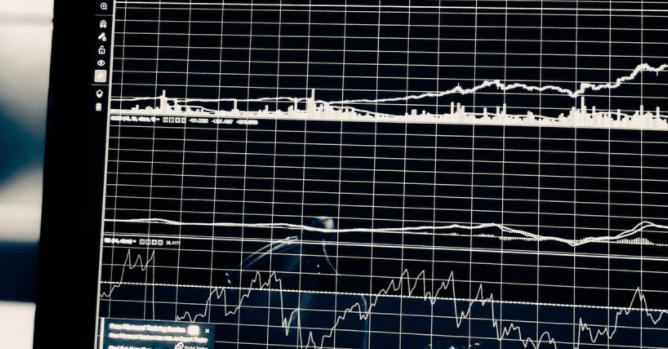Article by Terri Fredenberg-Holzman
A once in a hundred-year event, the COVID-19 pandemic brought the world to a halt. Researchers around the globe have grappled with how to maintain their research agendas while devoting more time to teaching, administration and assessment in an online environment. The workload pressures have tested new and seasoned faculty members alike. Just as the phoenix regenerates itself, so too will the research community. The faculty of the University of Wisconsin Green Bay “are to be highly commended for their tenacity, adaptability, and commitment to student success during the pandemic” according to a recent interview with Professor John Katers, Dean of the College of Science, Engineering and Technology.
Professor Susan Gallagher-Lepak, Dean of the College of Health, Education and Social Welfare summed up the major challenges faced by UWGB faculty during the pandemic this way. Expanded workloads were induced by the need to “transition teaching to more online and hybrid course modalities while providing concentrated technology support to students as they navigated learning electronically. The transition was made more difficult with the pressures of juggling their own children’s virtual learning at home or even worse, dealing with the devastation of family members who contracted COVID.” With all of these pressures faculty still found ways to build online versions of practical experiments, designed lab work that could be done virtually and flipped classrooms by asking students to watch videos and read specific texts before class so class discussions could be focused on active learning and problem solving. Other faculty members built new relationships even in the virtual world while others moved from concentrating on national networks to seeking out and cultivating more regionally based interactions.
The changes in teaching and learning brought on by the pandemic have detracted from much of the global research community’s ability to maintain pre-pandemic research agendas. Holes in time sensitive data sets, access to on-campus resources, limits on personal interactions, subject availability and socially distanced field work have all had an effect on research functioning and design. “The pandemic has even affected the availability of lab and trial supplies and enhanced competition for public resources across various sectors of the economy, with funders both public and private pouring millions of dollars into fighting the virus” writes Maria Cohut in her article “Shifting Goal Posts: Research in the Time of the Coronvirus” (2020).
Following a year of disruptions generated by the pandemic, the University and many sponsored research program offices have acknowledged the challenges by offering a variety of flexibilities. The University bolstered its support for faculty and staff during this COVID year by arranging remote work options, providing COVID leave hours, advocating for performance reviews that address the challenges of COVID and by extending the tenure clock by one to two years, when warranted. Encouragement is also coming from many sponsored research program offices. They recognize that sponsored research plans, timelines and capacity have likely changed. Some are allowing grantees the flexibility to reschedule grant activities, alter scopes of work, and move project end dates. Others are even allowing some flexibility in the expenditure of grant funds. For example, the National Institutes of Health released this statement. “NIH understands that many researchers may be unable to work as a result of or related to the effects of COVID-19. If a recipient organization’s policy allows for the charging of salaries and benefits during periods when no work is performed due to the effect of COVID-19, regardless of the funding source, then such charges to NIH grant awards will be allowable.” Still other federal and non-federal sponsors are now providing grant recipients the authority to extend their final budget period on previously approved projects and offering PIs an extension of progress report due dates.
As Dean Katers made clear, faculty and staff “are to be highly commended” for their resilience in the face of pandemic-related productivity gaps and the resulting upsets to research momentum over the past year. As the campus prepares to open its doors to students, faculty, and staff again, rest assured the sense of community will return stronger and more robust than ever. Research, scholarship and creative endeavors will thrive once more and the institution will cling even tighter to the core values that embrace community-based partnerships, collaborative faculty scholarship and innovation.
Please note if you need assistance communicating with your program officer on a currently grant-funded sponsored research project about changes to your scope of work, budget, or progress report, contact the Office of Grants and Research at ogr@uwgb.edu or (920) 465-2565.
About Terri Fredenberg-Holzman
Terri is a grants and research program specialist in the University of Wisconsin, Green Bay Office of Grants and Research.


